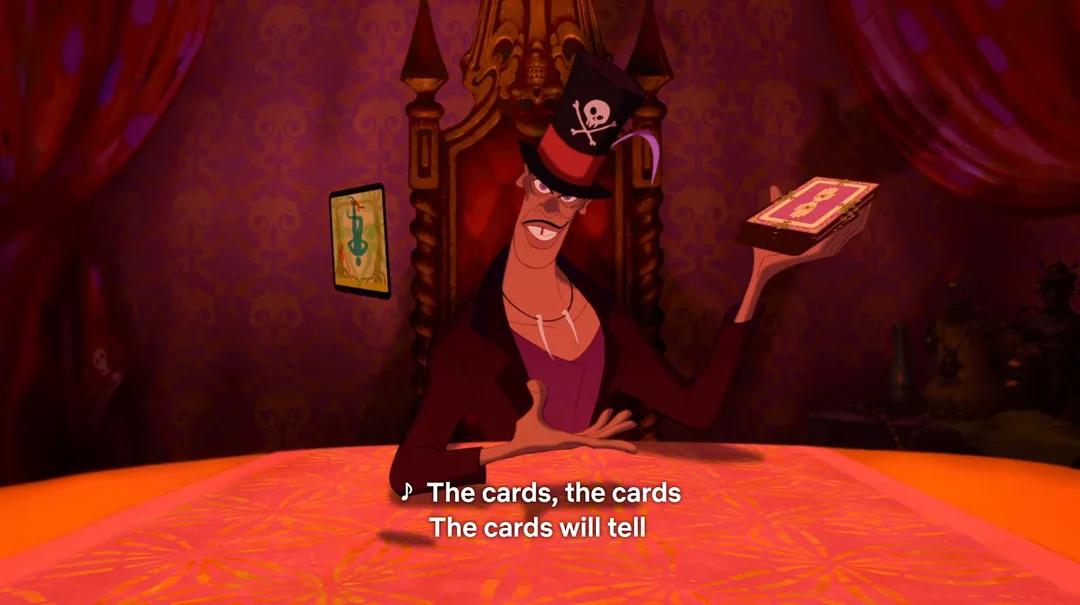I want to share a fun party game! It’s in the same vein as Truth or Dare, with a cool twist. I learned it from a friend of mine a couple of months ago, when I organized a private “raunchy party games” session at Metagame. Said friend had no name for the game, and after some deliberation, we decided on “Veil of Ignorance”, for reasons that will become clear shortly (to Rawls fans, anyway).

How To Play
Setup
Obtain a If you don't have playing cards, you can use any set of identifiable objects that can be randomly drawn, such as a bag of differently colored marbles. Pick out a set of cards, one per player; it’s most convenient to use a continuous range. Make sure all players know which cards are in the set. Gather in a loose circle; you’re ready to begin!
Gameplay
Players take turns coming up with dares. Each dare involves one or more people in the group, but they are not identified by name. Instead, each role in the dare is assigned to a card. For a simple example:
the King kisses the Queen on the cheek
Once the dare is given, shuffle the cards. Each player draws a card face-down and looks at it. Players with cards involved in the dare reveal them, and then do the dare.
Optional rule: A player involved in the dare may take a drink and identify a card that hasn’t been revealed yet, to pass their role in the dare to the holder of that card. This procedure can be repeated until there are no unrevealed cards remaining.
Why It Works
So, why play Veil of Ignorance over a more classic dare game like Truth or Dare? I think the random dare assignment offers a few cool advantages:
- Fairness: In Truth or Dare, there can be some awkwardness when people want In my experience, this is especially prevalent along gender lines. to do certain things. Like the original thought experiment, Veil of Ignorance forces people to confront the possibility of being on the receiving end of their decisions.
- Deniability: The flip side of fairness is that a dare can be given without revealing who the dare-giver might hope ends up doing it, which can allow for dares that would feel awkward to give to a specific person.
- Suspense: The randomization process creates little moments of suspense. After hearing a dare, everyone gets to wonder who’ll be doing it, hoping or fearing. Similarly, there’s a little bit of suspense after seeing your card in a multi-person dare, and when someone chooses a successor card with the optional rule.
- Participation: As well as every player being potentially involved in each dare, the format naturally allows for dares that actually involve multiple people. When my friends and I played, someone came up with the innovation of matching even cards with odd ones for dares involving the whole room in pairs. More fun for all!
I hope you enjoy Veil of Ignorance at future parties! If you have any ideas for improving it, I’d like to hear about them.